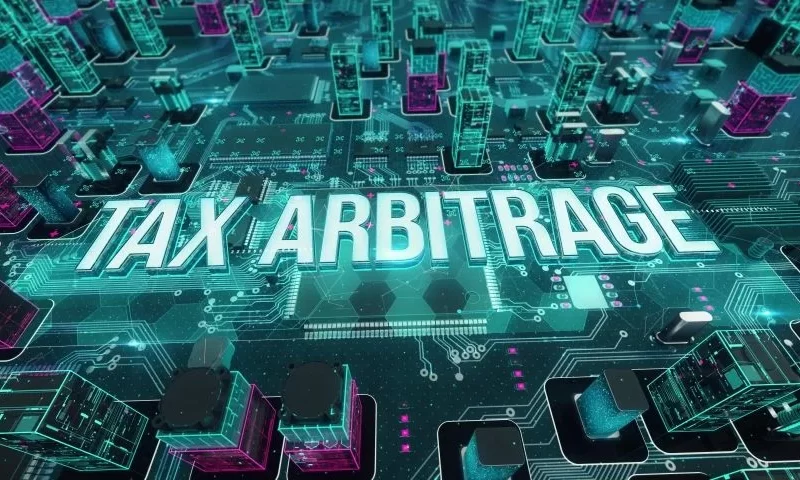The global decentralized Foreign exchange market (FX) facilitates international investment, trade, and currency conversion. The exchange rate, or price of one currency in terms of another, is determined by the supply and demand for each currency. The currency exchange rate is available for trading on a spot market, or electronically via an automated order matching system. It is a global market, operating around the clock from Sunday evening to Friday afternoon. It is important to understand the fundamentals of FX trading before engaging in this type of trading.
While the Finder survey is based on a sample of 42,000 individuals in 27 countries, it does not include emerging markets, which are key for gaining institutional traction. A local survey conducted in Turkey and Indonesia in 2021 reveals a similar trend. Decentralized Forex trading is not going to be a quick transition. While some early adopters may gain retail attention, the industry will be in the early stages of development.
Traders at major European banks engaged in collusive practices. The Commission ruled that individual traders formed two cartels and manipulated 11 currencies. In order to settle the investigation, these banks and others were fined EUR 1bn, including Barclays, Royal Bank of Scotland, Citigroup, JPMorgan, and MUFG Bank. UBS and other institutions were allowed to take part in the leniency process, though they may face new sanctions.
The Forex market is the world’s largest currency exchange. The currency exchange rates are determined by a set of fundamental factors. For example, the stronger the U.S. dollar, the cheaper it is to travel abroad or purchase imported goods. A weaker dollar, on the other hand, makes traveling abroad or importing goods more expensive. Thus, a weaker dollar favors companies that export goods. There are many ways to participate in the Forex market.











